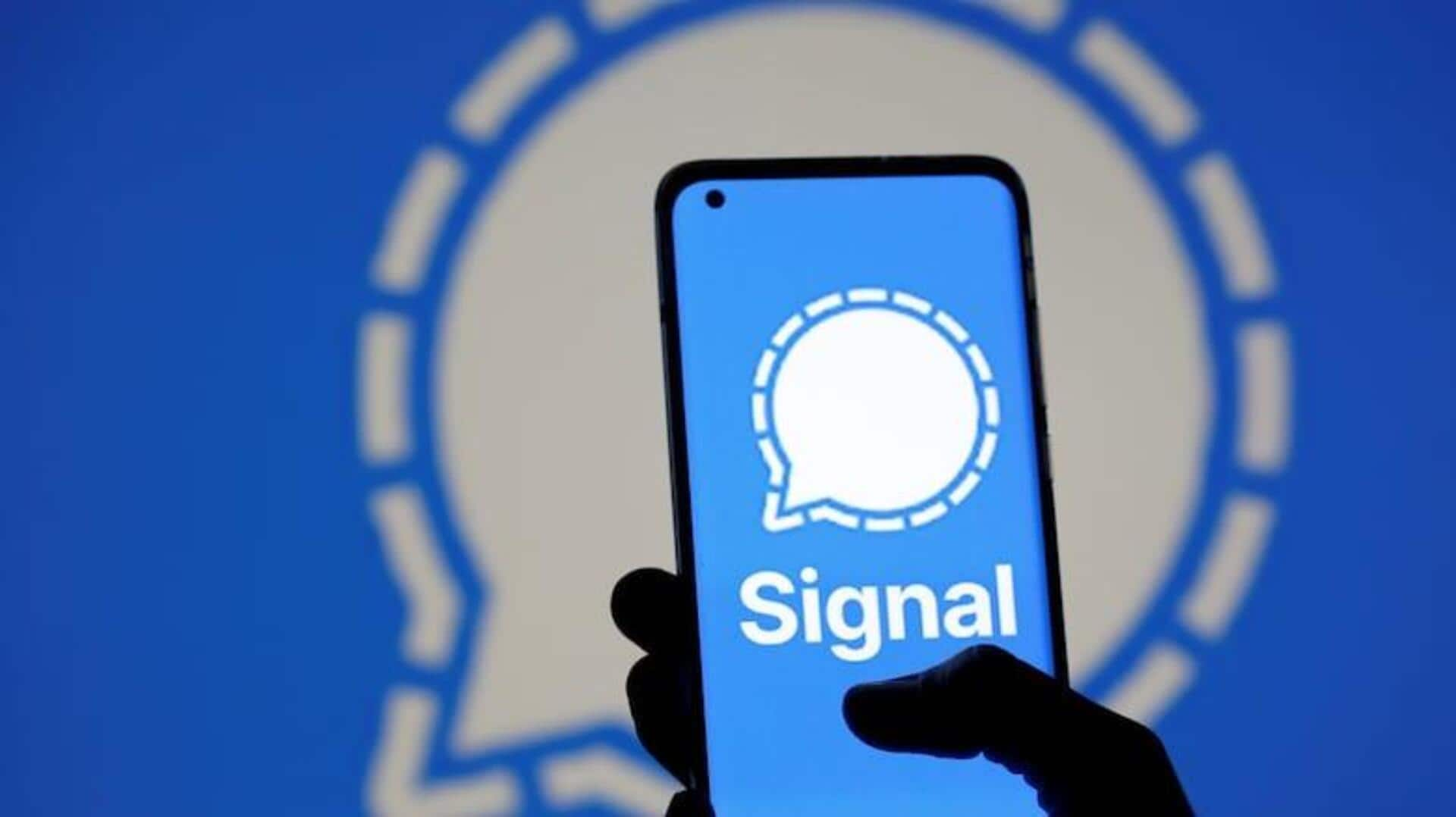
Can messaging app Signal be trusted for secure communications?
What's the story
The recent revelation that senior US officials used messaging app, Signal, to discuss military strategies has sparked a major controversy.
The White House confirmed that Jeffrey Goldberg, the editor-in-chief of The Atlantic, was unintentionally included in a chat where plans for an airstrike on Yemen's Houthi rebels were discussed.
The incident has led to widespread criticism and calls for an investigation into one of the biggest military intelligence leaks in history.
So, what is Signal and how secure is it?
App details
Signal's unique features and ownership
Signal, a free messaging app with an estimated 40-70 million monthly users, is famous for its strong security features, including end-to-end encryption.
This means only the sender and receiver can read messages on the platform; not even Signal itself can access them.
Unlike other platforms offering this feature, such as WhatsApp, Signal is open-source and collects minimal user data.
The app is owned by the US-based non-profit, Signal Foundation.
Security issues
Concerns over security and record-keeping
Despite its high-level security features, experts suggest that no app can fully protect against potential breaches.
If someone gains access to your phone while Signal is open or learns your password, they could potentially view your messages.
Additionally, there are concerns about disappearing messages on the platform which could violate laws around record-keeping unless the users forward their messages to an official government account.
Communication changes
Shift from traditional secure government systems
Data expert Caro Robson also slammed the move to use Signal for high-level discussions on sensitive national security issues.
She said normally, a very secure system operated by the government using high levels of encryption would be used for such discussions.
Historically, the US government has utilized a sensitive compartmented information facility (SCIF) to discuss national security issues—an ultra-secure enclosed area where personal electronic devices are prohibited.